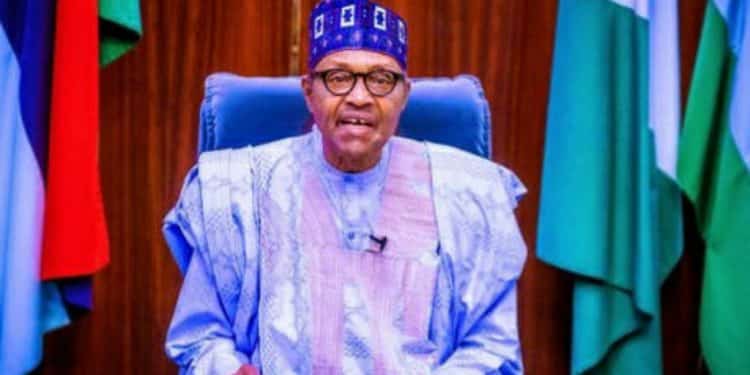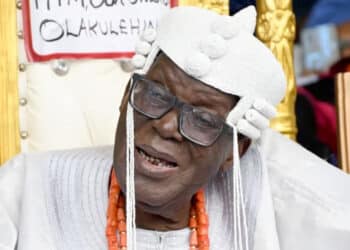The Minister of Labour and Employment, Senator Chris Ngige, has said the Federal Government will soon pronounce on salary increases for civil and public servants to cushion the effect of rising inflation.
He stated this while speaking with State House reporters after a closed-door meeting with President Muhammadu Buhari at the Presidential Villa, Abuja.
He said the Presidential Committee on Salaries was already reviewing the situation and expected to propose a salary adjustment in the New Year.
Recall that the minister recently hinted that the government would adjust workers’ salaries to meet the country’s economic realities caused by inflation.
Asked whether he discussed the issue of salary increase with the president considering rising inflation, he said, “Yes, that’s what I am saying that the Presidential Committee on Salaries is working hand-in-hand with the National Salaries Incomes and Wages Commission.
“The commission is mandated by the Act establishing them to fix salaries, wages, and emoluments in not only the public service.”
“As we enter the New Year government will make some pronouncements in that direction,” he added.
Ngige said the year had been characterised by industrial disputes starting from the February Academic Staff Union of the Universities (ASUU) strike, followed by other unions seeking improved working conditions and better pay.
“However, I’ve briefed him (president), we are doing some review within the Presidential Committee on Salaries, and discussions are ongoing. Hopefully, the government can do something within available resources in the coming year,” he said.
The minister said the eight months’ outstanding salaries the ASUU demanded were before the court for proper interpretation of section 43 of the Trade Dispute Act regarding the government’s “no work, no pay” policy invoked during the strike period.
“ASUU has not pronounced anything on their salaries anymore because it’s one of the issues that were referred to the National Industrial Court for determination, whether a worker who is on strike should be paid in violation of section 43 of the Trade Dispute Act which says when you go on strike, the consequences are these: number one, you will not be paid, you will not be compensated for not going to work to enable your employer keep the industry or enterprise afloat.
“That money should not be given to you, and that compensation should not be given. It’s there in Section 43 (1). There is a second leg to section 43; it also said that that period you were on strike will not count for you as part of your pensionable period of work in your service. That leg, the government has not touched it, but the leg of no-work-no-pay has been triggered off by that strike.”










